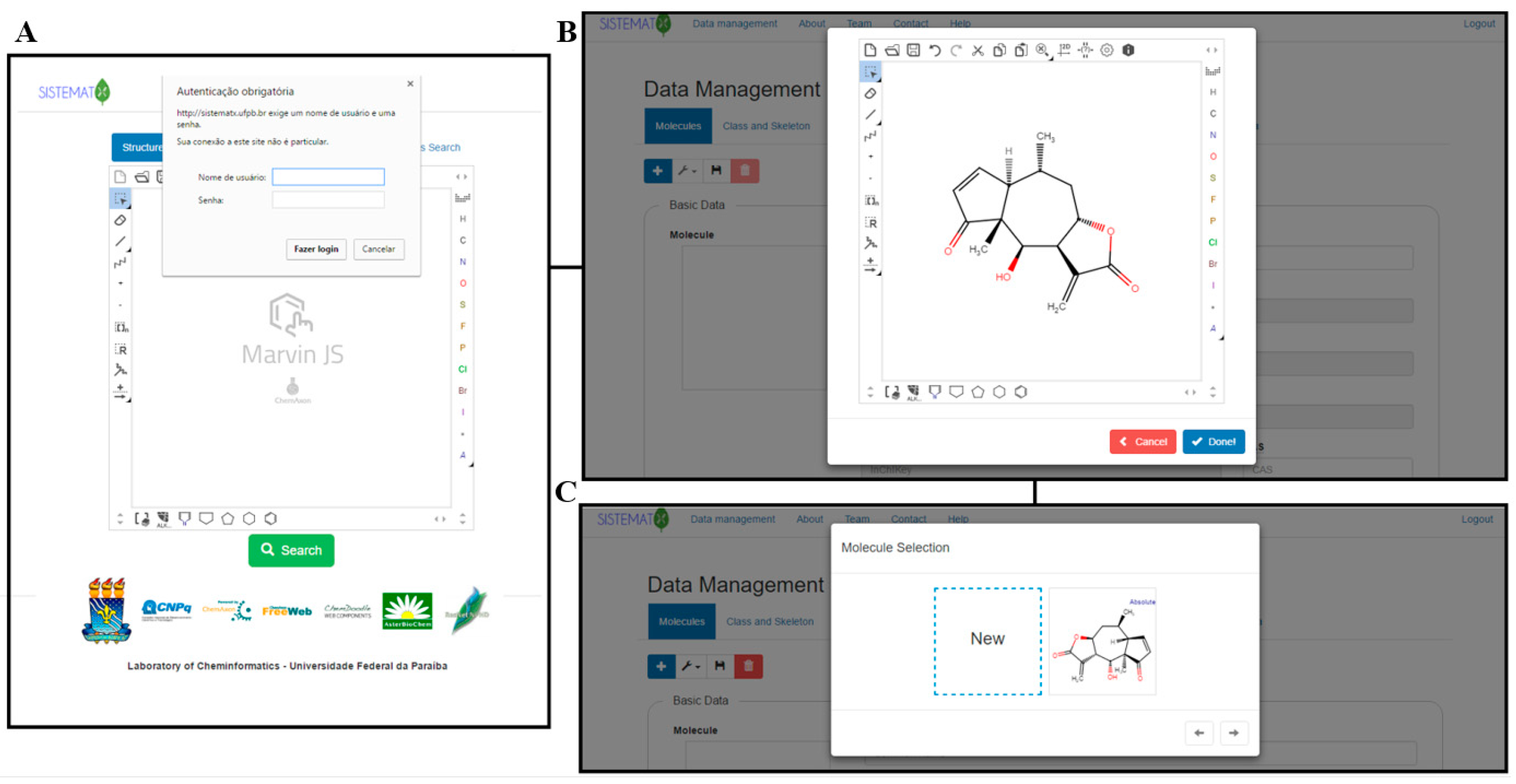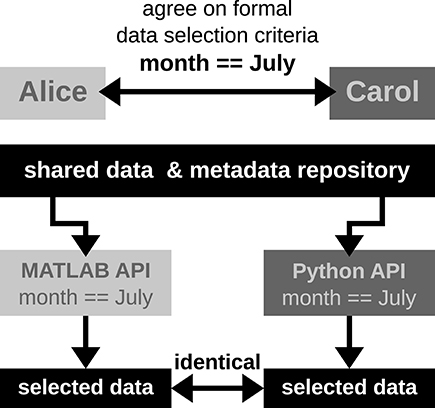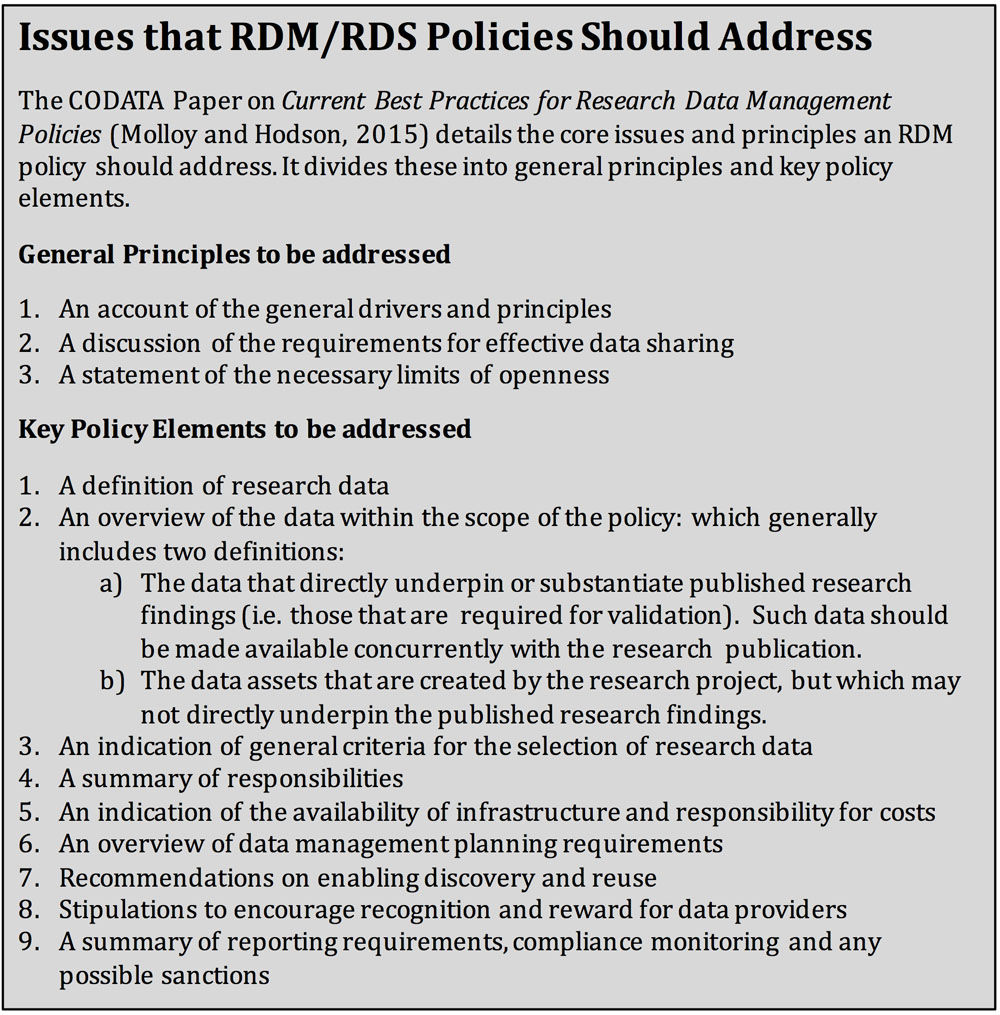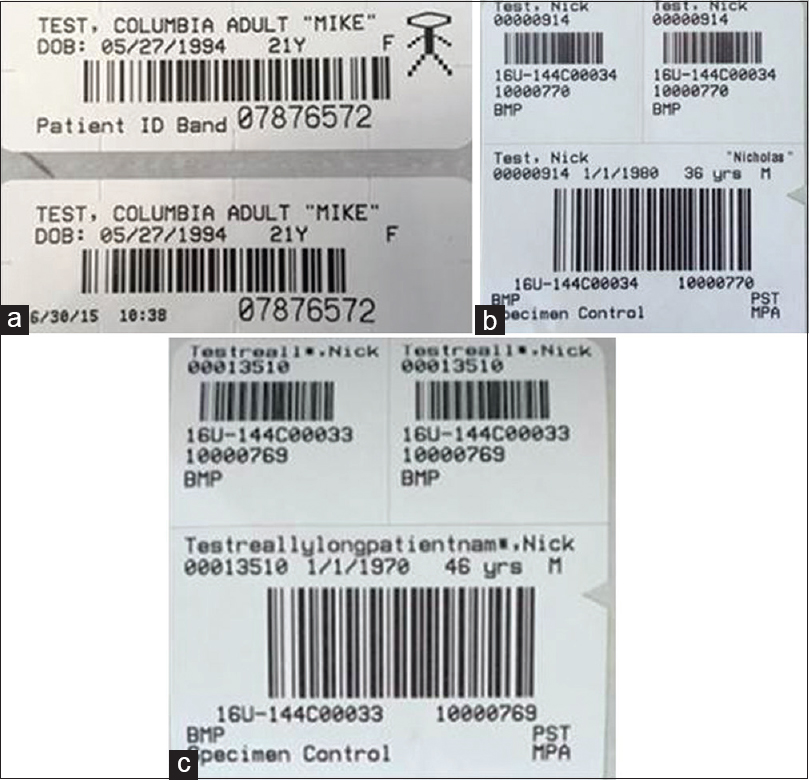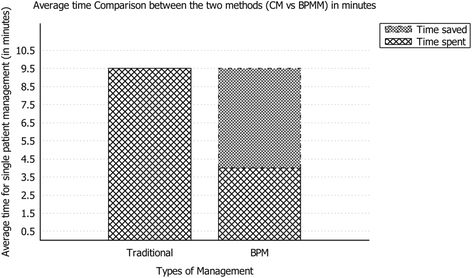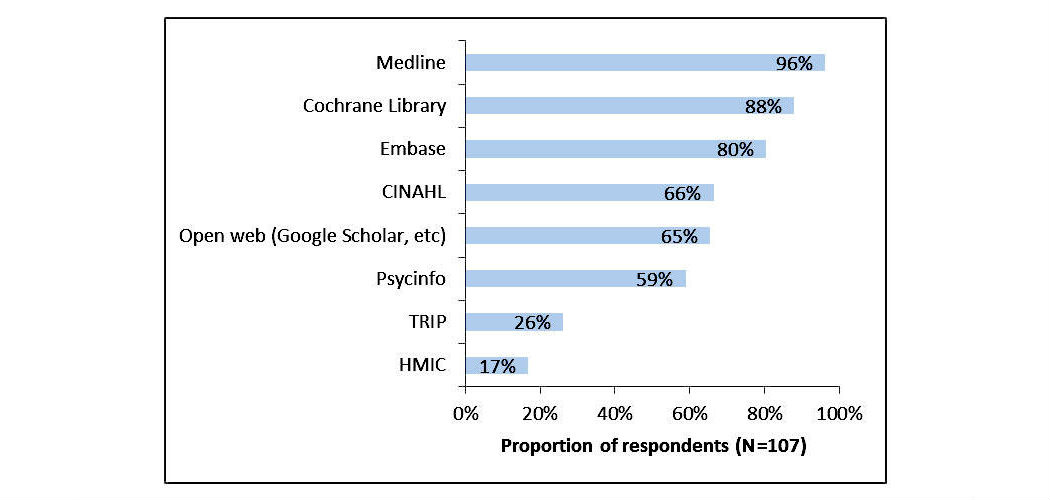Featured article of the week: February 26–March 4:"SistematX, an online web-based cheminformatics tool for data management of secondary metabolites"
The traditional work of a natural products researcher consists in large part of time-consuming experimental work, collecting biota to prepare, extracts to analyze, and innovative metabolites to identify. However, along this long scientific path, much information is lost or restricted to a specific niche. The large amounts of data already produced and the science of metabolomics reveal new questions: Are these compounds known or new? How fast can this information be obtained? To answer these and other relevant questions, an appropriate procedure to correctly store information on the data retrieved from the discovered metabolites is necessary. The SistematX (http://sistematx.ufpb.br) interface is implemented considering the following aspects: (a) the ability to search by structure, SMILES (Simplified Molecular-Input Line-Entry System) code, compound name, and species; (b) the ability to save chemical structures found by searching; (c) the ability to display compound data results, including important characteristics for natural products chemistry; and (d) the user's ability to find specific information for taxonomic rank (from family to species) of the plant from which the compound was isolated, the searched-for molecule, and the bibliographic reference and Global Positioning System (GPS) coordinates. (Full article...)
Featured article of the week: February 19–25:
"Rethinking data sharing and human participant protection in social science research: Applications from the qualitative realm"
While data sharing is becoming increasingly common in quantitative social inquiry, qualitative data are rarely shared. One factor inhibiting data sharing is a concern about human participant protections and privacy. Protecting the confidentiality and safety of research participants is a concern for both quantitative and qualitative researchers, but it raises specific concerns within the epistemic context of qualitative research. Thus, the applicability of emerging protection models from the quantitative realm must be carefully evaluated for application to the qualitative realm. At the same time, qualitative scholars already employ a variety of strategies for human-participant protection implicitly or informally during the research process. In this practice paper, we assess available strategies for protecting human participants and how they can be deployed. We describe a spectrum of possible data management options, such as de-identification and applying access controls, including some already employed by the Qualitative Data Repository (QDR) in tandem with its pilot depositors. (Full article...)
|
Featured article of the week: February 12–18:
"Handling metadata in a neurophysiology laboratory"
To date, non-reproducibility of neurophysiological research is a matter of intense discussion in the scientific community. A crucial component to enhance reproducibility is to comprehensively collect and store metadata, that is, all information about the experiment, the data, and the applied preprocessing steps on the data, such that they can be accessed and shared in a consistent and simple manner. However, the complexity of experiments, the highly specialized analysis workflows, and a lack of knowledge on how to make use of supporting software tools often overburden researchers to perform such a detailed documentation. For this reason, the collected metadata are often incomplete, incomprehensible for outsiders, or ambiguous. Based on our research experience in dealing with diverse datasets, we here provide conceptual and technical guidance to overcome the challenges associated with the collection, organization, and storage of metadata in a neurophysiology laboratory. (Full article...)
|
Featured article of the week: February 5–11:
"ISO 15189 accreditation: Navigation between quality management and patient safety"
Accreditation is a valuable resource for clinical laboratories, and the development of an international standard for their accreditation represented a milestone on the path towards improved quality and safety in laboratory medicine. The recent revision of the international standard, ISO 15189, has further strengthened its value not only for improving the quality system of a clinical laboratory but also for better answering the request for competence, focus on customers’ needs and ultimate value of laboratory services. Although in some countries more general standards such as ISO 9001 for quality systems or ISO 17025 for testing laboratories are still used, there is increasing recognition of the value of ISO 15189 as the most appropriate and useful standard for the accreditation of medical laboratories. In fact, only this international standard recognizes the importance of all steps of the total testing process, namely extra-analytical phases, the need to focus on technical competence in addition to quality systems, and the focus on customers’ needs. (Full article...)
|
Featured article of the week: January 29–February 4:
"Compliance culture or culture change? The role of funders in improving data management and sharing practice amongst researchers"
There is a wide and growing interest in promoting research data management (RDM) and research data sharing (RDS) from many stakeholders in the research enterprise. Funders are under pressure from activists, from government, and from the wider public agenda towards greater transparency and access to encourage, require, and deliver improved data practices from the researchers they fund.
Funders are responding to this, and to their own interest in improved practice, by developing and implementing policies on RDM and RDS. In this review we examine the state of funder policies, the process of implementation and available guidance to identify the challenges and opportunities for funders in developing policy and delivering on the aspirations for improved community practice, greater transparency and engagement, and enhanced impact. (Full article...)
|
Featured article of the week: January 22–28:
"A review of the role of public health informatics in healthcare"
Recognized as information intensive, healthcare requires timely, accurate information from many different sources generated by health information systems (HIS). With the availability of information technology in today's world and its integration in healthcare systems, the term “public health informatics (PHI)” was coined and used. The main focus of PHI is the use of information science and technology for promoting population health rather than individual health. PHI has a disease prevention rather than treatment focus in order to prevent a chain of events that leads to a disease's spread. Moreover, PHI often operates at the government level rather than in the private sector. This review article provides an overview of the field of PHI and compares paper-based surveillance system and public health information networks (PHIN). The current trends and future challenges of applying PHI systems in the Kingdom of Saudi Arabia (KSA) were also reported. (Full article...)
|
Featured article of the week: January 15–21:
"Preferred names, preferred pronouns, and gender identity in the electronic medical record and laboratory information system: Is pathology ready?"
Electronic medical records (EMRs) and laboratory information systems (LISs) commonly utilize patient identifiers such as legal name, sex, medical record number, and date of birth. There have been recommendations from some EMR working groups (e.g., the World Professional Association for Transgender Health) to include preferred name, pronoun preference, assigned sex at birth, and gender identity in the EMR. These practices are currently uncommon in the United States. There has been little published on the potential impact of these changes on pathology and LISs. We review the available literature and guidelines on the use of preferred name and gender identity on pathology, including data on changes in laboratory testing following gender transition treatments. We also describe pathology and clinical laboratory challenges in the implementation of preferred name at our institution. (Full article...)
|
Featured article of the week: January 8–14:
"Experimental application of business process management technology to manage clinical pathways: A pediatric kidney transplantation follow-up case"
Using a business process management platform, we implemented a specific application to manage the clinical pathway of pediatric patients, and we monitored the activities of the coordinator in charge of case management during a six-month period (from June 2015 to November 2015) using two methodologies: the traditional procedure and the one under study. The application helped physicians and nurses to optimize the amount of time and resources devoted to management purposes. In particular, time reduction was close to 60%. In addition, the reduction of data duplication, the integration of event management, and the efficient collection of data improved the quality of the service. The use of business process management technology, usually related to well-defined processes with high management costs, is an established procedure in multiple environments; its use in healthcare, however, is innovative. (Full article...)
|
Featured article of the week: January 1–7:
"Expert search strategies: The information retrieval practices of healthcare information professionals"
Healthcare information professionals play a key role in closing the knowledge gap between medical research and clinical practice. Their work involves meticulous searching of literature databases using complex search strategies that can consist of hundreds of keywords, operators, and ontology terms. This process is prone to error and can lead to inefficiency and bias if performed incorrectly.
The aim of this study was to investigate the search behavior of healthcare information professionals, uncovering their needs, goals, and requirements for information retrieval systems. A survey was distributed to healthcare information professionals via professional association email discussion lists. It investigated the search tasks they undertake, their techniques for search strategy formulation, their approaches to evaluating search results, and their preferred functionality for searching library-style databases. The popular literature search system PubMed was then evaluated to determine the extent to which their needs were met. (Full article...)
|
|
